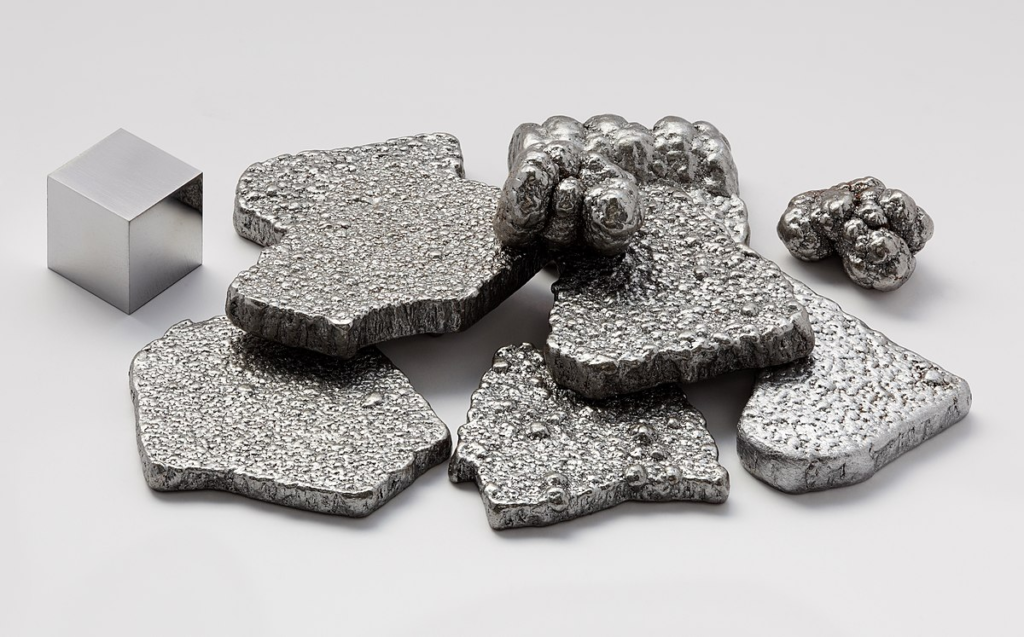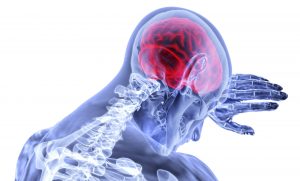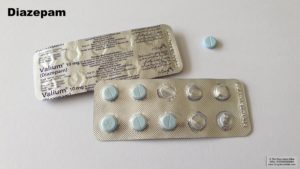Iron and Mental Health

Iron is a mineral needed primarily for energy production. As a nutrient, iron is key for making hemoglobin, a protein found inside red blood cells that carries oxygen to organs and tissues throughout the body. Without enough iron, we can become anemic: energy production falters and individuals often feel lethargic. Due to its far-reaching effects, iron also has associations with mental health. Iron is necessary for neurotransmitter synthesis, including the production of dopamine. Without enough of the mineral, brain function can be impacted (Berthou 2021). Data suggests that low iron can contribute to mental health concerns, including depression, anxiety and attention-deficit/hyperactivity disorder (ADHD).
Iron and Depression
Low iron is often linked to depression. A meta-analysis of iron intake studies found that lower iron intake increased the risk. The research found that individuals who consumed lower levels of iron are almost twice as likely to develop depression as those that consume more (Li 2017). In fact, a history of iron-deficiency anemia has been linked to a greater risk for developing depression (Hidese 2018). The risks are particularly acute for children due to neurological development and younger women due to iron losses from menstruation and following pregnancy.
A population based study in Taiwan examined health records and found that iron deficiency anemia increased the risk for mental health problems, including anxiety and depression, by 52%. In addition, when these patients were treated with iron, there was a significant reduction in mental health risks (Lee 2020).
A study of female students found that iron supplementation effectively reduced depressive symptoms. Over the course of the three month study, iron supplementation reduced levels of depression by a modest 17%. However, the study did not personalize iron supplementation. In the study, women that continued to struggle with depression often still had anemia that wasn’t reversing with the standardized dosing (Maryam 2020). It’s likely that a more personalized approach might have seen better outcomes.
Iron is also important during and after pregnancy. For postpartum mothers who were anemic, iron supplementation improved mood and stress assessments by 25% (Beard 2005).
Negative Studies on Depression Symptoms
However, it’s also worth noting that two studies that were assessing iron supplementation’s effects on fatigue, that included tracking mental health symptoms, did not find improvements in mood (Vaucher 2012, Verdon 2003). In the earlier study, levels of depression and anxiety were already quite low, which probably contributed to the equivocal findings.
While there are studies suggesting benefits, considering the epidemic levels of depression worldwide, it seems surprising that more research has not been devoted to directly exploring the effects of iron on mood in depressed patients.
Iron and Anxiety

Interestingly, children that have a history of iron deficiency have higher levels of depression, anxiety, attention issues and other social problems (Lozoff 2000). The findings highlight the importance of iron for normal neurodevelopment and brain function. Other research in animals has shown that normal iron transport in the brain is tied to anxiety reducing effects (Wang 2019). Prenatal alcohol exposure is known to deplete iron and cause increased anxiety in offspring. In a rat model of prenatal alcohol exposure, iron supplementation was able to improve anxiety levels for both male and female rats (Helfrich 2021).
While the latest human research is somewhat thin, it still suggests a potential connection. In mothers who are iron deficient, stress levels are higher than for women with normal iron status (Campbell 2020). Studies in Chile and Taiwan have also found that children with iron deficiency are at higher risk for poor mental health outcomes, including anxiety disorders (Doom 2018, Chen 2013). In adolescent females, a study found that lower iron stores in the blood correlated with increasing rates of depression and anxiety (Abbas 2021). A study of adults with iron deficiency anemia also found higher rates of depression, anxiety and sleep disorders as compared to healthy adults (Murat 2015).
A study on pregnant women with iron deficiency anemia focused on iron supplementation. Along with improving the iron deficiency, both anxiety and depression levels decreased (Vitale 2022). In women with iron deficiency anemia, sexual dysfunction is more common. One study found reductions in anxiety and improved sexual function with iron supplementation in women with anemia (Gulmez 2014).
While the studies aren’t all consistent (Totten 2023), it still appears likely that iron status has an impact on both anxiety and depression.
Iron and ADHD
Iron may also be relevant in the treatment of ADHD. A few studies have attempted to treat ADHD symptoms in children with iron. A small study of 23 children with lower iron levels found that iron supplementation improved ADHD symptoms better than placebo (Konofal 2008). A separate study on children without anemia, administered standard ADHD medication plus iron or placebo. In children that received iron, improvements in ADHD symptoms were greater than controls (Panahandeh 2017).
An early study also treated ADHD children with iron and found improvements on parent’s rating scales, but not on teacher’s impressions (Sever 1997).
Lab Testing
As a benchmark, the World Health Organization considers serum ferritin (iron stores) under 30 µg/L in children and under 70 µg/L in adults to be iron deficient. On the flip side, levels over 150 µg/L in women of reproductive age or 200 µg/L in men put individuals at risk for iron excess (WHO 2016).
Supplementation
Standard iron supplements, typically ferrous sulfate, are often harsh, causing digestive discomfort, nausea, vomiting, constipation or diarrhea. Fortunately, other forms of iron are available that usually have lower levels of side effects, including iron bisglycinate, ferrous gluconate and iron pyrophosphate.
Conclusion
Iron status appears to be important for mental health. For any individual struggling with mood, anxiety or other mental health concerns, checking iron status and treating deficiencies appropriately may improve symptoms. However, it’s worth remembering that iron needs to be kept in the appropriate range and should not be treated without proper blood testing. Too much iron can cause problems for a person’s health long term and levels should be monitored during treatment.



